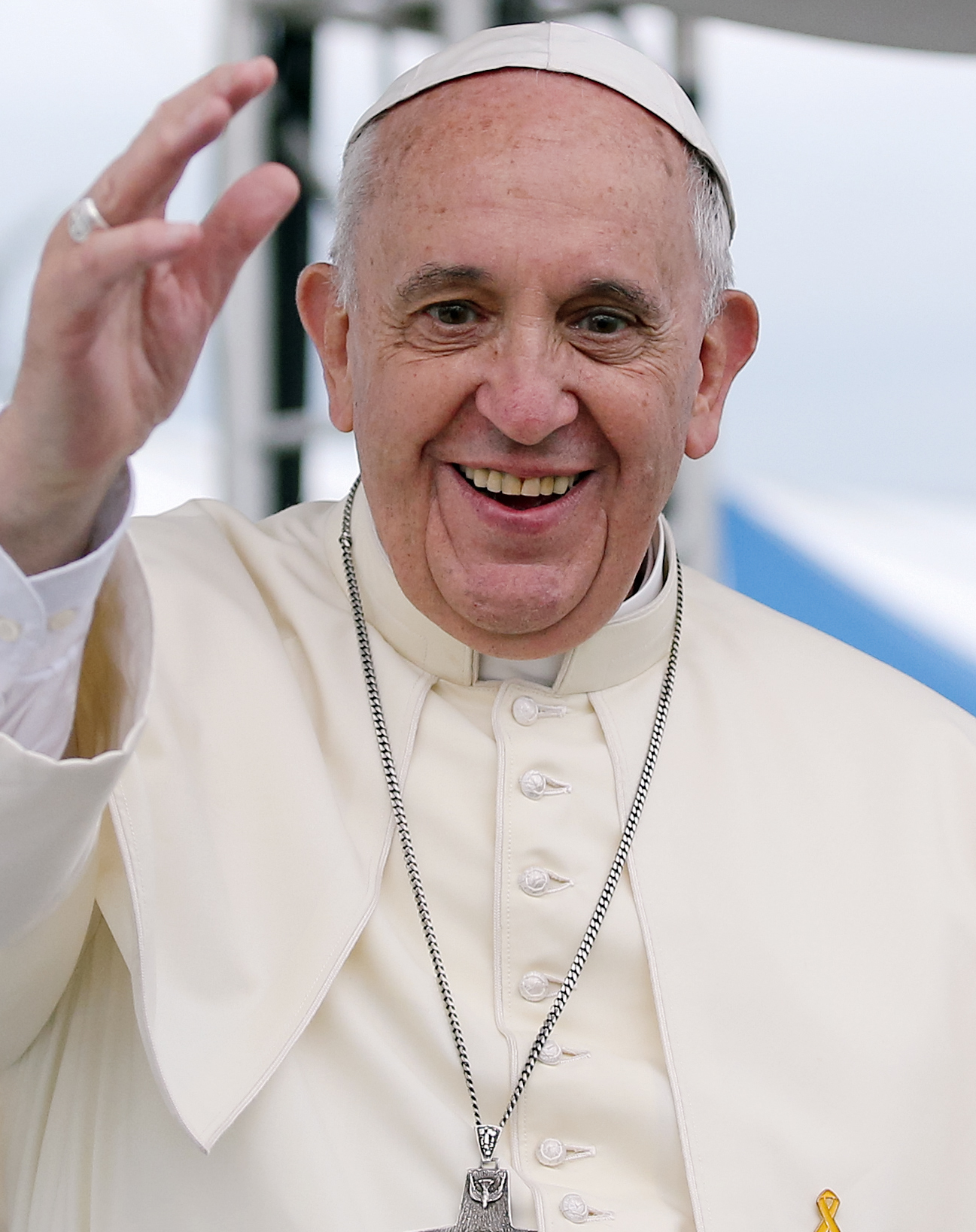Chip in to keep stories like these coming.
In his recent encyclical, Pope Francis may succeed in ways that the earnest scientists of the International Panel on Climate Change (IPCC) have not. The world’s foremost climate experts have issued a series of ever-more-urgent reports about looming ecological catastrophe if we don’t mitigate human-induced climate change. Those reports are factual and credible, yet astute political observers tell us that most people act — and vote — on the basis of deeply held values rather than facts.
The Pope, in his 180-page document, says that he believes what the IPCC experts say about the causes and likely consequences of climate change. That should make it increasingly difficult for anyone, including politicians in the U.S. Republican or Canadian Conservative parties, to continue questioning the science. What’s more, Pope Francis issues an urgent moral and religious appeal that could induce millions of people to demand action from their political leaders.
Parts of the encyclical read like poetry and prayer. “Saint Francis of Assisi reminds us that our common home is like a sister with whom we share our life and a beautiful mother who opens her arms to embrace us,” the Pope writes. “This sister now cries out to us because of the harm we have inflicted on her by our irresponsible use and abuse of the goods with which God has endowed her. We have come to see ourselves as her lords and masters, entitled to plunder her at will.”
Insisting that there is both hope and time to bring about needed changes, Pope Francis calls for swift action to curb the burning of the fossil fuels. “Human beings, while capable of the worst, are also capable of rising above themselves, choosing again what is good, and making a new start,” he writes.
The Pope also calls individuals to conversion in how they live and consume, but he also wants them to prod their leaders into action. “It is remarkable how weak international political responses have been,” he writes, referring no doubt to the endless cycle of fruitless international climate negotiations.
Compare his candour to that of many politicians, including Environment Minister Leona Aglukkaq. She relied on a department spokesperson to respond to media queries via an email message, which repeated government talking points without once mentioning the encyclical.
Indeed, much of what the pope is saying runs counter to what a number of Canadian governments are doing. For example, Canada’s premiers, who are meeting in St. John’s this month, are considering an agreement to fast-track new oil sands pipelines and water down their oft-stated commitment to fighting climate change.
Writing in The Globe and Mail, Elizabeth Renzetti quotes author George Marshall as saying, “The view held by every expert I spoke to is that we still have not found a way to effectively engage our emotional brain in climate change.” Renzetti ponders whether Pope Francis is “providing the grand message needed: the call to a spiritual and environmental revolution.” Let’s hope so.
This piece appeared as a United Church Observer blog on July 16, 2015.
Chip in to keep stories like these coming.



